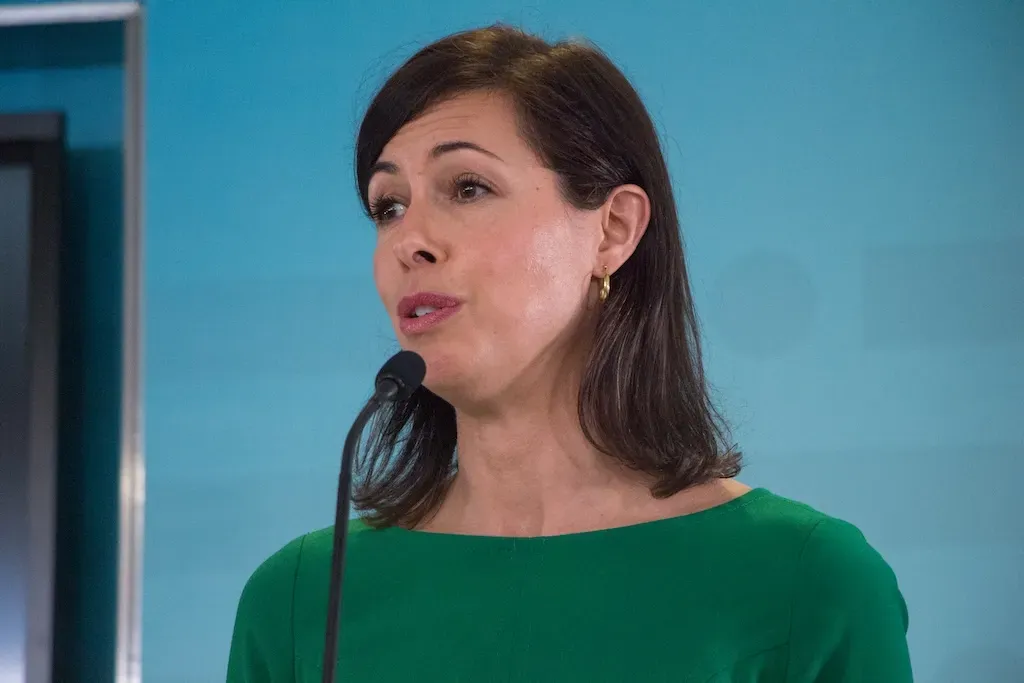Cable ISPs Seek Net Neutrality Guardrails From FCC
The cable ISPs said the Federal Communications Commission should prevent states from going further.
Ted Hearn

WASHINGTON, February 28, 2024 – Major broadband Internet Service Providers are seeking assurances that new federal Net Neutrality regulations will come with critical guardrails to prevent in their view unnecessary harms triggered by such policies as rate controls or state intervention.
Representatives from Comcast Corp., Charter Communications, Cox Enterprises met with top Federal Communications Commission staff officials on Feb. 22 to propose several steps the agency should take to ensure Net Neutrality does not effectively reach beyond bans on ISP blocking, throttling and paid prioritization.
According to fan FCC filing, the cable ISPs signaled that although they understood the FCC’s leadership was committed to adopting Net Neutrality regulations, they wanted the agency to reject some heavy-handed riders sought by various unnamed interests.
As examples, the cable ISPs said the FCC should “establish uniform national requirements” designed to prevent states from going further than the FCC, a request that directly challenges the position of the California Public Utilities Commission.
The cable ISPs also sought a commitment that the FCC will not regulate retail broadband rates, require network unbundling or restricting usage-based billing.
Another concern – and one that potentially involves billions of dollars – related to FCC forbearance from requiring broadband ISPs to contribute to the $8.5 billion Universal Service Fund. Over the objections of groups like INCOMPAS – which includes Amazon and Google among its members – the FCC has tentatively concluded that it will not require ISPs to contribute to the USF immediately.
The FCC’s reluctance to expand the USF contribution base – a forbearance policy adopted in 2015 along with the FCC’s first Net Neutrality rules – likley relates to the substantial financial impact on broadband consumers.
 Broadband BreakfastJake Neenan
Broadband BreakfastJake Neenan
In a January 12, 2024, letter to Sen. Ben Ray Luján, D-N.M., FCC Chairwoman Jessica Rosenworcel said the agency had concluded that rolling broadband revenue into the USF “would increase consumer broadband bills by $5.28-$17.96 per month.”
Ted Hearn is the Editor of Policyband, a new website dedicated to comprehensive coverage of the broadband communications market. A version of this piece was published on Policyband on February 27, 2024, and is reprinted with permission.









Member discussion